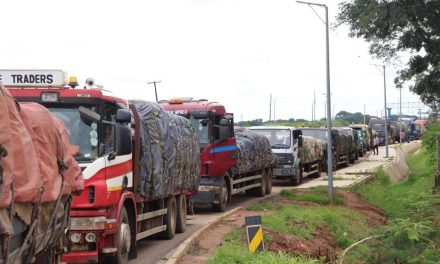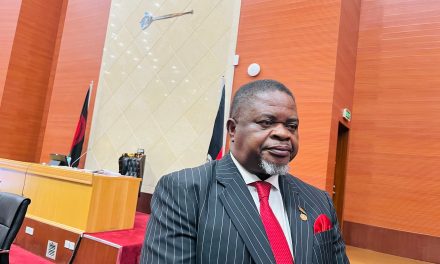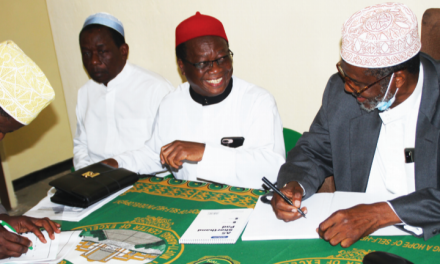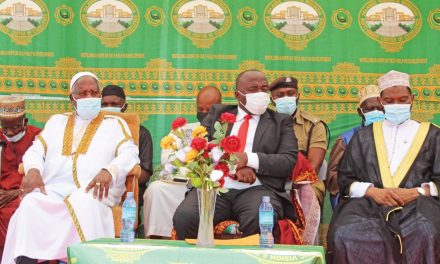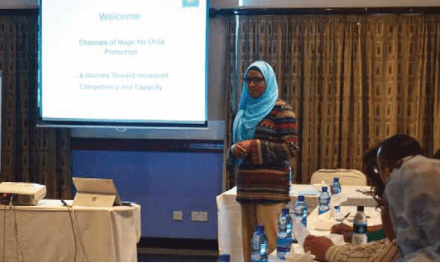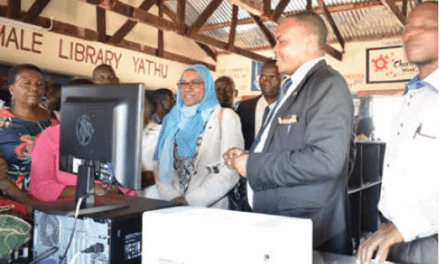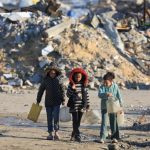
Rewrite The Code

for a girl child in Malawi
While enrollment in the first few years of all school in Malawi is high, UNICEF estimates that only 26% of boys and 16% of girls complete primary school. In secondary school, just 15% of boys and 7% of girls will complete all four years. Poverty and long commutes, often alone on foot, prevent many children from attending classes, and even where schooling is available there is a severe shortage of eligible teachers and resources such as learning materials, adequate sanitation, and learning shelter.
Gender issues also contribute to the education crisis in Malawi. Cultural norms and some even argue that religious practices put girls at a disadvantage in achieving the most basic level of education. Many girls end up leaving school due to pregnancy and early marriages.
Realizing these challenges, a grouping of two organisations Wumo Foundation, a girl Child Movement In collaboration with Radio Islam they organised a one day event in Blantyre which was aimed at increasing awareness amongst the Muslim community about the importance of girl child education at the same time mobilizing girls to stay in school.
The event was in the form of a dialogue and was broadcast live on Malawi’s only Islamic radio station Radio Islam and this was so because the event targeted Muslim girls who are more vulnerable to discrimination and abuse of their rights to education in Malawi because of cultural, religious and other practices.
The event hosted Muslim leaders, women, chiefs, girls, participants from the village and other stakeholders who discussed issues affecting a girl child education.
As the event was live on Radio Islam, listeners had a chance to contribute and ask questions to panelists. The organizers came up with a list of embedded cultural and religious values that hinder a girl/woman in Malawi to succeed in their career path and these were discussed at length so as to gain clarity from Muslim leaders and Chiefs who are custodians of Muslim values.
According to Mariam Lally Director of Umi Umo Foundation, the event needed to see how best people can #Rewrite The Code to create a better #Africa4Her.
THE IMPACT
The public discussion of such issues is considered a taboo. That’s why the organizers wanted to be the first to RewriteThe Code by convincing people to go public and sensitize its importance. Marshall Dyton who is the 2015 Mandela Washington Fellow and A World at School Global Youth Ambassador who coordinated the event said that “ It was evident that Girls were free to express their challenges am happy that we have managed to bring together these young girls and community leaders so that together we can change this world and it begins with us”
Dyton further said that by engaging the religious and traditional leaders, it cleared out misconceptions and misunderstandings that have been there which will eventually pave a way to create a better world for Muslim girls as well.
One of the participant and contributor Sister Shafina Banda said that the discussions will help girls and women revive their self- confidence and high esteem. They will develop a spirit of hardwork and self-importance. They will see themselves as individuals who are capable of bringing change and contributing to the development of their respective communities and the nation at large as some of us have done. She said.
In a separate interview, Sarah Kazembe a second year girl from college of medicine , she thanked the organizers of this particular event of this nature, “ I can say that I am very proud that within our communities, we also have people who think we can #RewriteTheCode, this event has been an eye opener to me, I therefore wish to thank those people who took their time and resources to organize something for a girl child,” she said.






